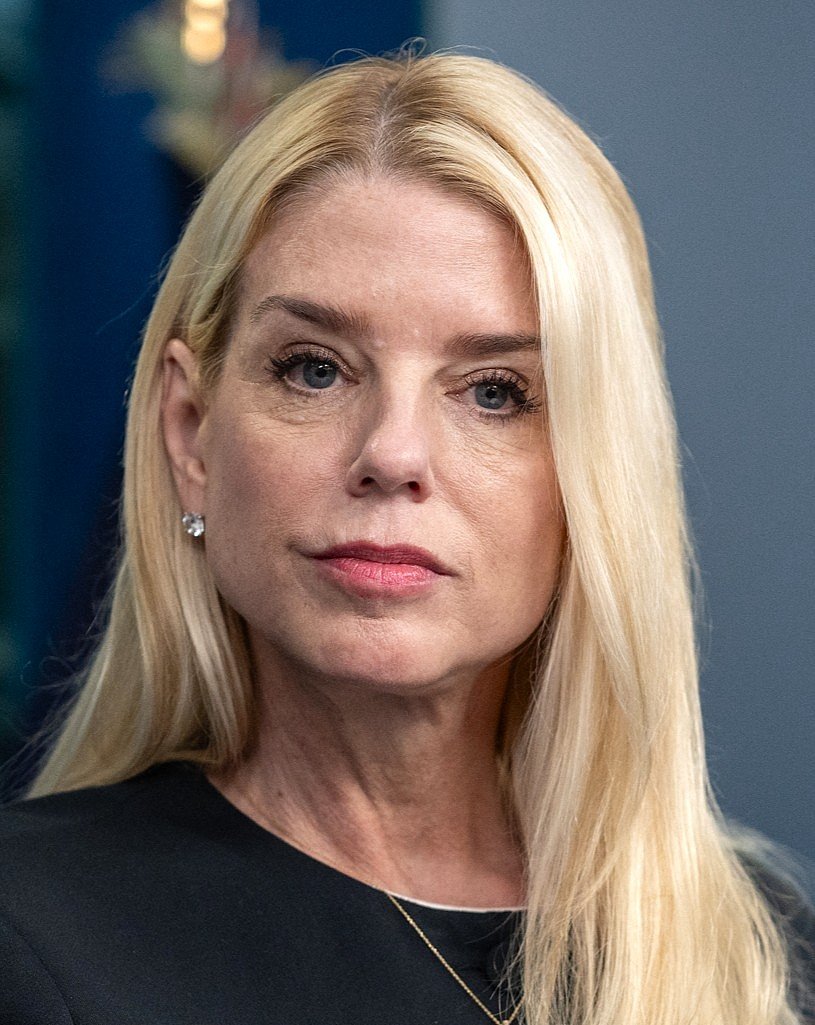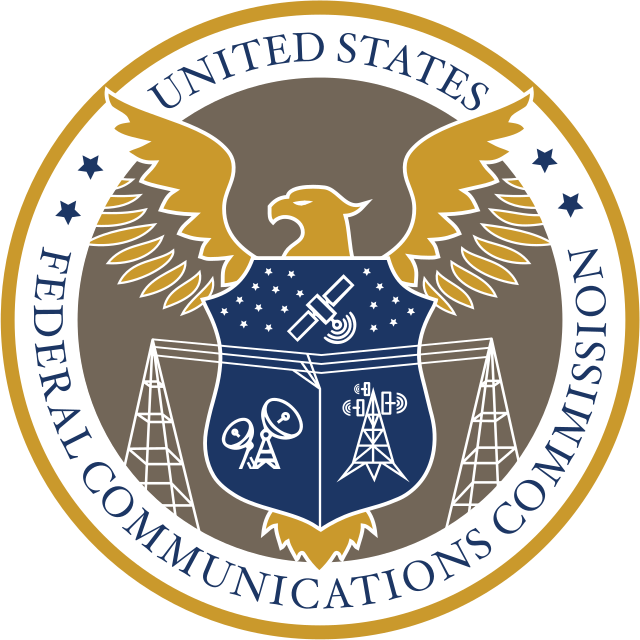Yesterday’s Senate Judiciary Committee oversight hearing with Attorney General Pam Bondi stuck to the script many observers expected: pointed, often theatrical exchanges that clarified each side’s political framing but produced few new, independently verifiable facts. Below is an objective account of what happened, highlighting the most revealing exchanges (with verbatim transcript lines) and a concise timeline of the high-interest items senators raised, plus sources to verify the record.
Quick summary
- Bondi presented a firm, combative posture: she defended the department’s recent priorities as corrective and repeatedly declined to go into granular detail about ongoing matters.
- Democrats pressed allegations of politicization, highlighting the handling of Epstein-related material, the prosecution of James Comey, personnel changes, and the so-called “weaponization” concerns. Bondi largely invoked limits tied to ongoing investigations or personnel confidentiality.
- Outcomes: the hearing produced clear messaging wins for both parties but did not produce decisive factual breakthroughs (no new documents released, no sworn admissions that change the public record).
What Bondi said and how senators reacted, key exchanges
Below are the most consequential moments of the hearing, using concise paraphrases and short verbatim snippets from the October 7, 2025 session, as recorded by C-SPAN and reported via CNN’s Situation Room transcript archive (transcripts.cnn.com).
1. Records related to former President Trump
Sen. Durbin: “Who gave the order to flag records related to President Trump?”
Bondi: “I’m not going to discuss anything about that with you, Senator.”
– Senate Judiciary Committee hearing, Oct 7 2025 (via CNN transcript)
This exchange crystallized the partisan fault line. Democrats sought clarity about whether the DOJ was applying special handling to Trump-related records. Bondi’s refusal, couched as respect for investigative integrity, became a recurring refrain that defined the hearing’s tone.
Why it matters: The exchange shows limits on congressional oversight. Bondi’s refusal leaves questions about how Trump-related records are handled and whether political considerations play a role. This leaves Americans reliant on future disclosures or follow-up oversight to understand potential implications.
2. Department personnel and internal investigations
Sen. Whitehouse: “Why can’t you say whether there is an OPR investigation … or whether … there’s a summary?”
Bondi: “Senator, I’m not going to discuss personnel matters.”
– Senate Judiciary Committee hearing, Oct 7 2025 (via CNN transcript)
Sen. Whitehouse’s question referenced the DOJ’s Office of Professional Responsibility, which reviews internal misconduct allegations. Bondi’s curt refusal typified her broader approach: conceding nothing that could reveal internal processes or fuel further inquiry.
Why it matters: The Office of Professional Responsibility (OPR) handles internal DOJ disciplinary reviews; refusing to comment about its investigations or summaries frustrates transparency about DOJ internal accountability.
3. On sealed testimony and transcript release
Sen. Whitehouse: “How and when was his [Patel’s] transcript released?”
Bondi: “If it is released publicly, we will get you a copy, Senator, gladly.”
– Senate Judiciary Committee hearing, Oct 7 2025 (via CNN transcript)
Here, Bondi indicated conditional transparency, offering access only if a document was already cleared for public release. The remark underscored her preference for procedural containment rather than discretionary disclosure.
Why it matters: This exchange probes the tension between public oversight and confidentiality. Bondi’s answer signals a willingness to comply if the transcript is already public, but offers no commitment to force release or explain the decision behind sealing.
4. Epstein-related material and “client list” questions
Democrats pressed Bondi about the Justice Department’s handling of Epstein files and alleged internal communications on public statements. Bondi again declined to comment, citing investigative privacy constraints. Reporters identified this exchange as a flashpoint, both because of public fascination and the perception of selective secrecy.
Why it matters: The Epstein questions matter because they shine a spotlight on government transparency and accountability, probing whether high-profile individuals are shielded from scrutiny and whether justice is served impartially, key issues that affect public trust and the rule of law.
5. The “weaponization” debate
Republicans accused Democrats of staging a political attack under the guise of oversight, while Democrats countered that the department itself had been politicized. Bondi, visibly bristling, shot back:
“Respectfully, Senator, I will not allow this department to be used as a political weapon, not by either side.” (paraphrased from ABC/CBS pooled coverage)
This line drew applause from Republican members and groans from Democrats, emblematic of how each side heard in Bondi’s tone confirmation of its own narrative.
Why it matters: Accusations of “weaponizing” the DOJ raise concerns about impartiality, while Bondi’s rebuttal frames the department’s actions as restoring law-and-order priorities. How these claims are resolved, or left unresolved, affects public trust in the DOJ and signals how oversight hearings may shape future accountability efforts.
Did either side “win”? What was actually achieved
- Democrats: succeeded in drawing attention, creating public pressure, and documenting concerns that could underpin subpoenas or follow-up oversight (they left the hearing with a consolidated set of allegations on the record).
- Republicans & Bondi: succeeded in reinforcing a narrative that the DOJ is correcting perceived past imbalances and that investigations now underway are legitimate; Bondi’s demeanor and rhetorical counterattacks played well to supporters.
- Concrete outcomes: none immediate. No major new evidence, no documents released on the floor, and no binding commitments from Bondi to change course. For now, the hearing mainly set up potential next steps: subpoenas, classified briefings, and calls for additional witnesses.
What did Americans win?
For the general public, the hearing offered clarity about the Justice Department’s posture and priorities, but few concrete answers. Citizens gained insight into how the department frames its actions, how senators question oversight, and which issues: Epstein files, Comey probes, internal personnel changes, are under scrutiny. However, as mentioned above, the session did not produce new documents, definitive admissions, or policy changes that directly impact Americans’ daily lives. In essence, viewers left with context and transparency into process rather than immediate outcomes.
Short timeline of the high-interest items raised (with sources)
- Oct 7 2025: Senate Judiciary oversight hearing with AG Pam Bondi. Official hearing record and schedule.
- Epstein files / “client list” questions: Senators asked which materials exist, how they were handled, and why some public statements were made; Bondi declined to disclose detailed records citing ongoing review/privacy.
- Comey indictment: Senators asked about DOJ decision-making and whether career prosecutors supported it; Bondi repeatedly declined to discuss details of pending prosecutions.
- Weaponization / personnel moves: Senators highlighted alleged reassignments and policy shifts; Bondi defended choices and emphasized restoring priorities.
- Federal deployments / operational decisions: Bondi framed deployments as public-safety measures; Democrats flagged political implications.
Sources (primary & reporting)
- Senate Judiciary Committee: hearing page and video archive.
- C-SPAN: full hearing video and highlights.
- CNN Situation Room transcript (partial), Oct 7 2025. (transcripts.cnn.com)
- Additional coverage: ABC News, CBS News, PBS NewsHour, The Guardian, Al Jazeera.
Bottom line
The hearing clarified how each side wants the public to see the Justice Department: Bondi and Republicans frame recent moves as corrective and necessary; Democrats frame them as potential politicization requiring deeper oversight. But the session itself did not produce the documentary evidence or admissions that would settle that dispute.
Its likely value lies in what happens next: whether senators follow up with subpoenas, compel additional testimony, or use the record to push for more disclosure. Until then, this hearing will be remembered less for revelations and more for its tone: sharp, strategic, and ultimately inconclusive.





